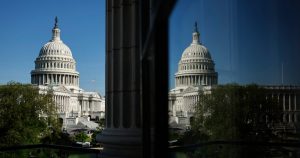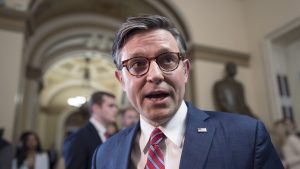Saudi Arabia has reached an agreement with the Women’s Tennis Association to host the WTA Finals for the next three years, beginning in the fall of this year. The championship will be held in Riyadh from Nov. 2-9 and will offer a record $15.25 million in prize money, a 70% increase from the previous year. The agreement states that the prize money is expected to increase even further in 2025 and 2026. WTA Chairman and CEO Steve Simon expressed enthusiasm for the opportunity, stating that bringing the WTA Finals to Riyadh is a positive step for the long-term growth of women’s tennis as a global and inclusive sport.
The announcement has sparked controversy due to concerns over Saudi Arabia’s human rights record, particularly in relation to women’s rights and the LGBTQ community. Tennis legends Chris Evert and Martina Navratilova voiced their opposition to the partnership in an op-ed for The Washington Post. Simon acknowledged their concerns and stated that the WTA has shared these concerns through its stakeholders without prejudice. He emphasized that the focus is on developing women’s tennis for the benefit of all involved in the sport, and that the WTA is a global tour with players from over 90 nations participating in various countries with different cultures and values.
Despite the controversy, Simon believes that players will make their own choices when it comes to participating in the WTA Finals in Riyadh. He expressed confidence that qualifiers will want to play in the event, which will feature the top eight singles players and doubles teams. The decision to host the WTA Finals in Saudi Arabia reflects the commitment of the Saudi Tennis Federation to growing the sport at all levels. Simon believes that players and fans can look forward to a world-class event in Riyadh as the finale to the 2024, 2025, and 2026 seasons.
The WTA Finals in Riyadh will mark a significant moment for women’s tennis and the sport as a whole. The increase in prize money and the prestigious nature of the event demonstrate a growing interest in women’s sports and the potential for further growth and opportunities for female athletes. While there are concerns over the human rights record of Saudi Arabia, the WTA is focused on advancing women’s tennis globally and providing a platform for players from diverse backgrounds to showcase their talent and compete at the highest level. The decision to host the WTA Finals in Riyadh reflects a broader trend in sports to expand to new markets and engage with a global audience.
















